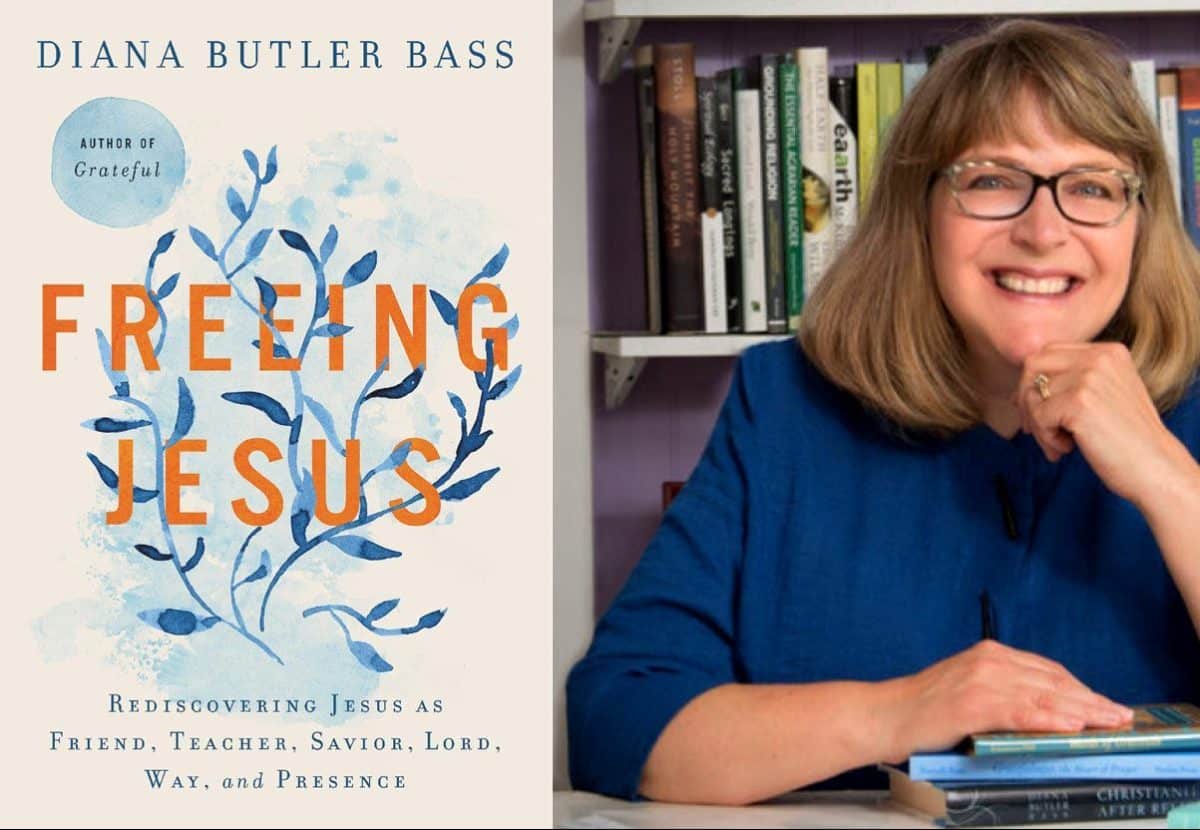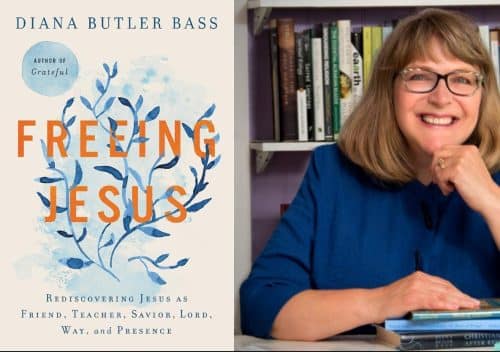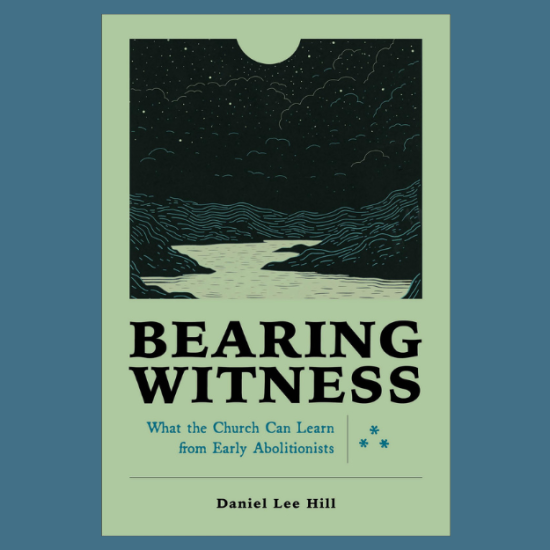
Diana Butler Bass is a prescient Christian thinker. She’s one to read if you want to understand where American Christianity is going. In this time of upheaval and uncertainty that makes her writing an indispensable resource.
Bass’s ability to stand on the cutting edge of the Christian faith stems from her deep immersion in its communities and practices. Her 2006 book Christianity for the Rest of Us was an early corrective to the excesses and deficiencies of the megachurch trend. As many pastors and congregations envied and sought to emulate this movement, she reminded Christians that size did not equal faithfulness. It was a wise word offered well before so many megachurch pastors became embroiled in scandals (often attributable to their prominence and power) that rocked their congregations.
Before the recent hand-wringing over declining church attendance and the rise of “the nones,” Bass was explaining the “spiritual but not religious” trend to us back in 2012. In Christianity After Religion, she not only described what was happening and deciphered its meaning, but she suggested fruitful ways to engage the emerging religious trends rather than fighting or being frustrated by them.
“As our own age turns toward the authority of experience, it is good to remember that reason is not bad,” she wrote of the challenge many perceived it posing to religious faith. “Reason is part of human experience, often considered a reflection of God’s Image in humankind. To be spiritual and religious is to call for a new wholeness of experience and reason, to restitch experience with human wisdom, and to renew reason through an experience of awe. Thus, the path of Christian faith in a post-religious age must be that of experiential belief in which the heart takes the lead in believing.”
There are lots of people who will make groundless predictions on the future of U.S. Christianity. Others will opine — with little evidence or expertise to back them up — about where they think the church should go. Bass isn’t interested in pontificating. Instead, she draws on her training, intellect, observations, and faithfulness to unpack the meaning of the present for a future that is yet to come.
That same dynamic is present in her latest book, Freeing Jesus: Rediscovering Jesus as Friend, Teacher, Savior, Lord, Way, and Presence. Identifying how non-Christians (and many Christians as well) struggle with Jesus because of the culture wars we fight and the religious boxes we place around him, she invites readers into a new encounter with him. While the individualism of American society is often a detriment to faith, Bass suggests that liberating Jesus from the captivity of church and culture can help people embrace the life he offers to the spiritually hungry.

In some ways, Freeing Jesus could really be titled “Freeing Diana.” It’s a highly personal book that shows how her own faith grew amid experiences with Jesus and churches. This work is thus quite different from what you might expect from a historian as she focuses her analytical eye on herself. And she’s primarily concerned not about creeds and theological debates but on lived religion. As she explained in the book, “We know Jesus through our experience.”
Looking back on her own life and how she’s perceived Jesus (in the various ways noted in the book’s long subtitle), she offers readers a path for experiencing Jesus more fully for themselves.
“This is not a story about a fundamentalist, liberal, orthodox, unconventional, demythologized, or liberationist Jesus (even though some of those Jesuses show up in this tale),” she wrote. “Instead, this is a story of the Jesus of experience, who shows up consistently and when least expected. Freeing Jesus means finding Jesus along the way.”
But that doesn’t mean she shed the older visions of Jesus. Bass starts with the Jesus-as-friend idea she learned as a child in Sunday School. Those lessons and that understanding isn’t something she gave up as she started to experience Jesus as teacher or Lord. She clung to that childlike faith even as she experienced Jesus in new ways.
The point isn’t to pick your favorite Jesus she offers or even see these as the only ways to experience Jesus (in fact, she suggests several others in the conclusion that she didn’t write about but that she finds helpful). But as she shares her stories, she offers ways readers can also think freshly about Jesus. Like Bass, we might find a particular side of Jesus resonates more in this moment.
“I find myself returning to the start, wanting to incorporate the wisdom of the entire journey — all the Jesuses — into my life now,” she wrote.
The gift Bass offers in this book isn’t merely a look at her own life and the sharing of wisdom she’s learned from decades of experiencing Jesus. She also reminds us that “spiritual memoir is theology.” Which is why she criticized “the limited notion of theology as one thing and experience as another.” We can learn from stories — perhaps even better from than creeds. After all, it’s how Jesus usually taught (there we go experiencing Jesus as teacher).
All this makes Freeing Jesus yet another provocative book from Bass for our times. That’s why we’re giving away a copy autographed by Bass to a paid subscriber of A Public Witness. We’ll select that winner this week. So, if you’re not already a paid subscriber, upgrade today for your chance to receive a signed copy of Freeing Jesus.
And in addition to picking up the book, you can also hear more from Bass on a recent episode of our Dangerous Dogmas podcast, where she talked about Freeing Jesus and much more. You can also read more from Bass at her Substack newsletter The Cottage as she tells additional stories and reflects on issues confronting Christians today.
As a public witness,
Brian Kaylor & Beau Underwood






